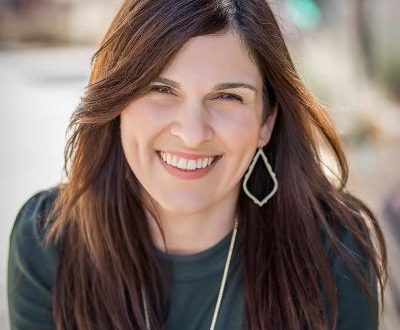
Forbearance: A Greater Grace
When our kids were little and we traveled “over the river and through the woods” to visit extended family, a sense of dread would begin to well up in me the closer we got to their doorstep. Our family, like many, was messy. Old wounds, new offenses and unrealistic expectations often sabotaged our fantasies for a fun and festive time.
Until we remembered to pray.
Not just to pray a general prayer, but we had to remember to pray for a very specific thing: forbearance. Forbearance is a posture of grace. It recognizes that we all have limitations and failings and thus are apt to disappoint, frustrate and anger others. Therefore forbearance chooses to not be offended and is mindful to avoid giving offense as well.
We see the idea of forbearance in the midst of the love chapter in 1 Corinthians 13:5 (NASB): Love…”does not take into account a wrong suffered.” Forbearance is the loving act of preemptive forgiveness. It decides ahead of time that verbal jabs and unwitting irritations will not take root. It gives the benefit of the doubt and presumes the best.
Forgiveness happens usually after we have been offended, after the wound has festered and needs to be healed. Forbearance happens before. It is a shield that keeps the hurt from embedding.
As we move through this holiday season, how can we take up forbearance as our default position when things get complicated, situations become stressful or we are apt to get testy? Here’s a few thoughts:
Be humble. We can only exercise forbearance in the context of humility. It requires us to be aware that we are more likely to offend than be offended. We need to know that our limitations and selfish ambitions hurt others often. Forbearance is actually and simply the golden rule at work. I sure want people to forbear with my failures, so I must also forbear with theirs.
Be patient. When young children and older adults are added to the mix of gatherings, you can be sure the timing of meals and recreation will need adjustments. As we choose to ‘go with the flow’ and align ourselves with the pace others are on, we are less likely to be offended when things don’t happen according to our schedule.
Be selfless. Can we enter the holidays with an intentional goal of giving up our “right” to have our expectations met and instead see how we can serve others? When we yield our desires for how we think things should be and, instead, become watchful of what others are wanting, we raise our shield of forbearance and are then free to love well.
Be prayerful. In those early days of family fiascos, we began to adopt this simple prayer which carried us through potentially awkward and hurtful moments: “Lord, may I give no offense and take no offense.” Perhaps remembering to pray that short prayer will make a huge difference in your holiday dynamics.
But let's not limit our exercising forbearance to family gatherings and annual celebrations. How might it impact our interactions at work, at church and at home? Forbearance is a grace and a gift. Let’s share it generously and often.



